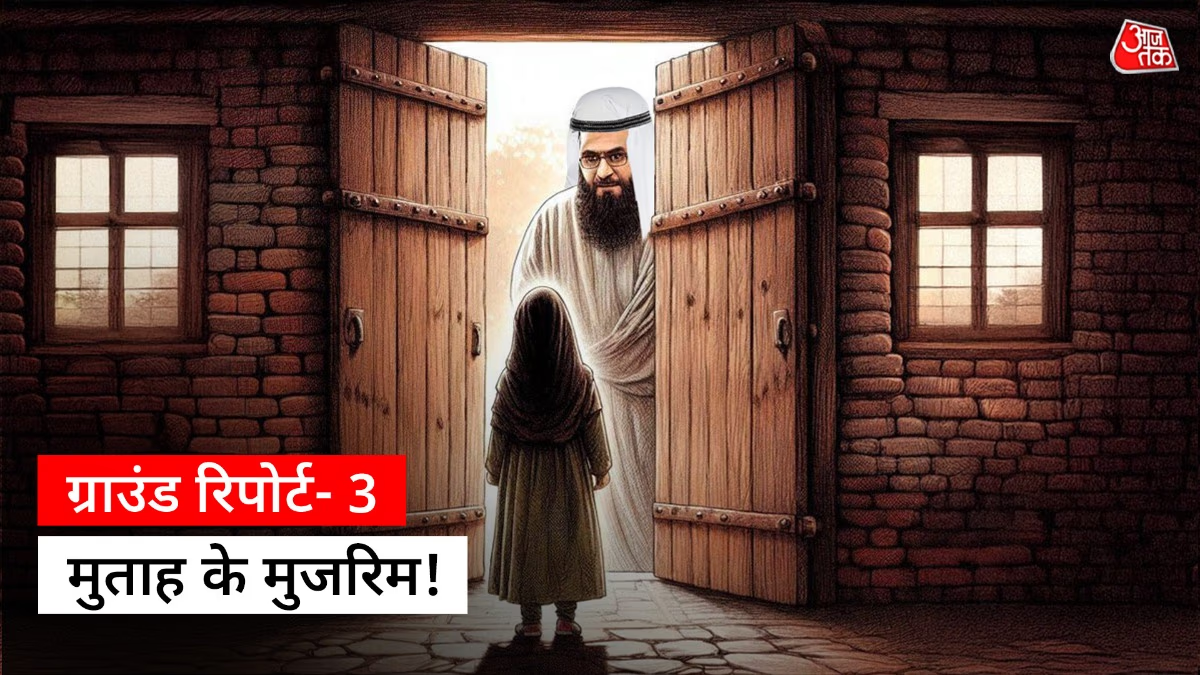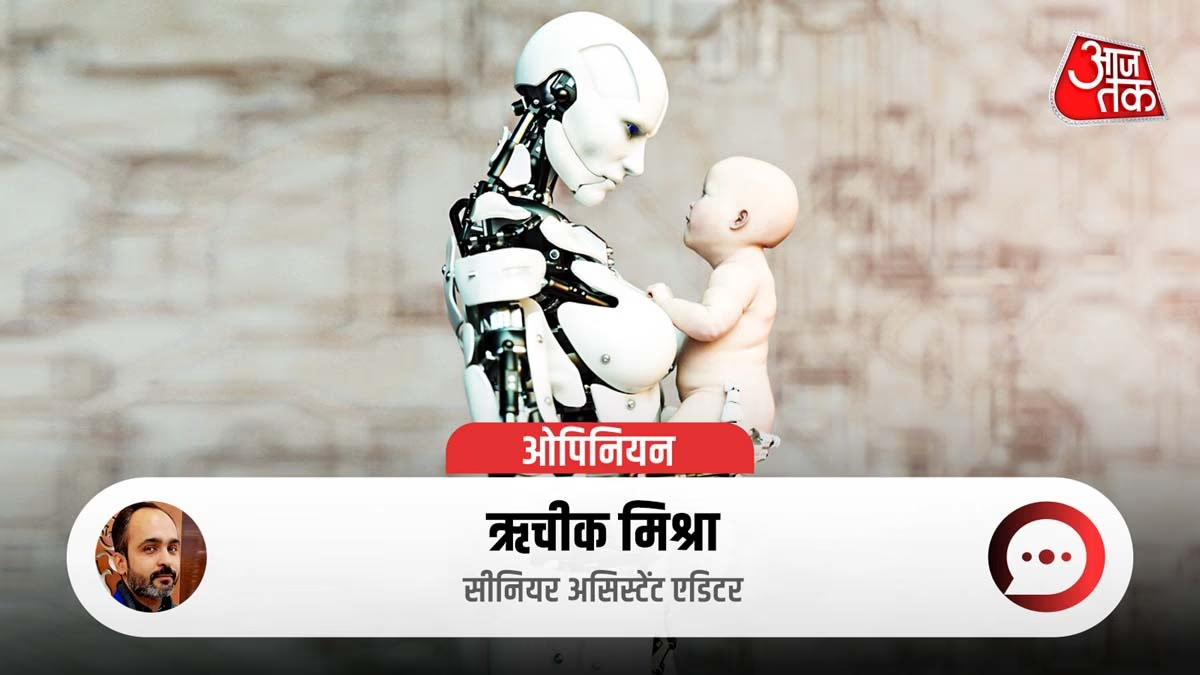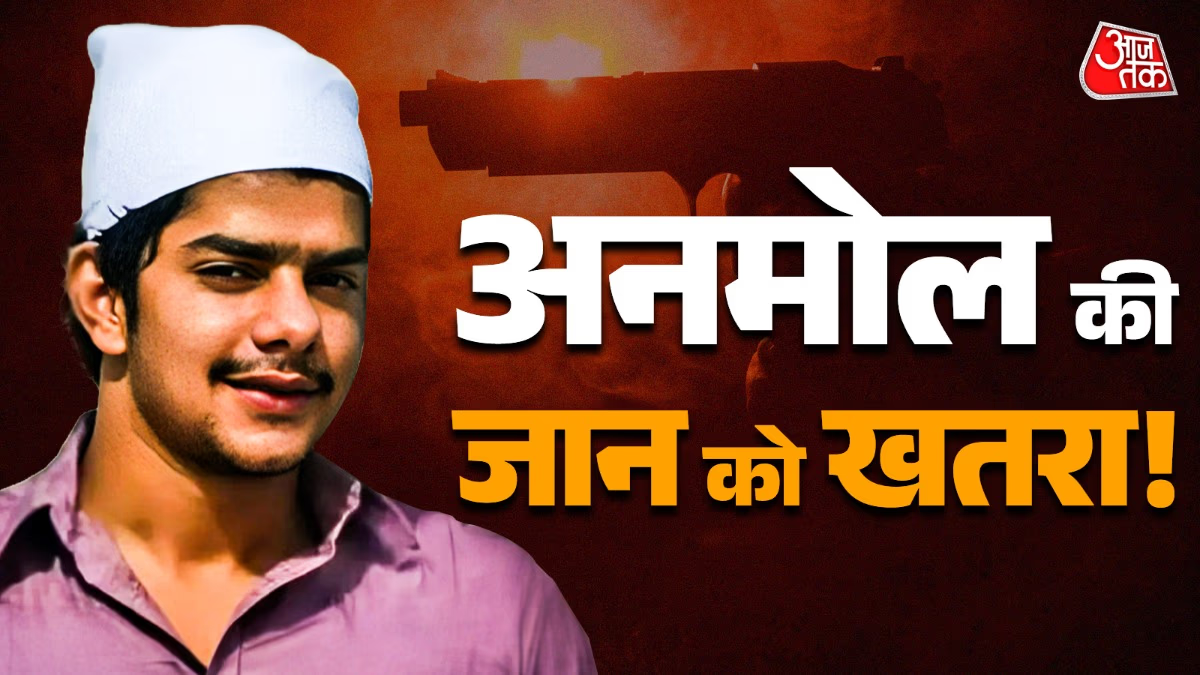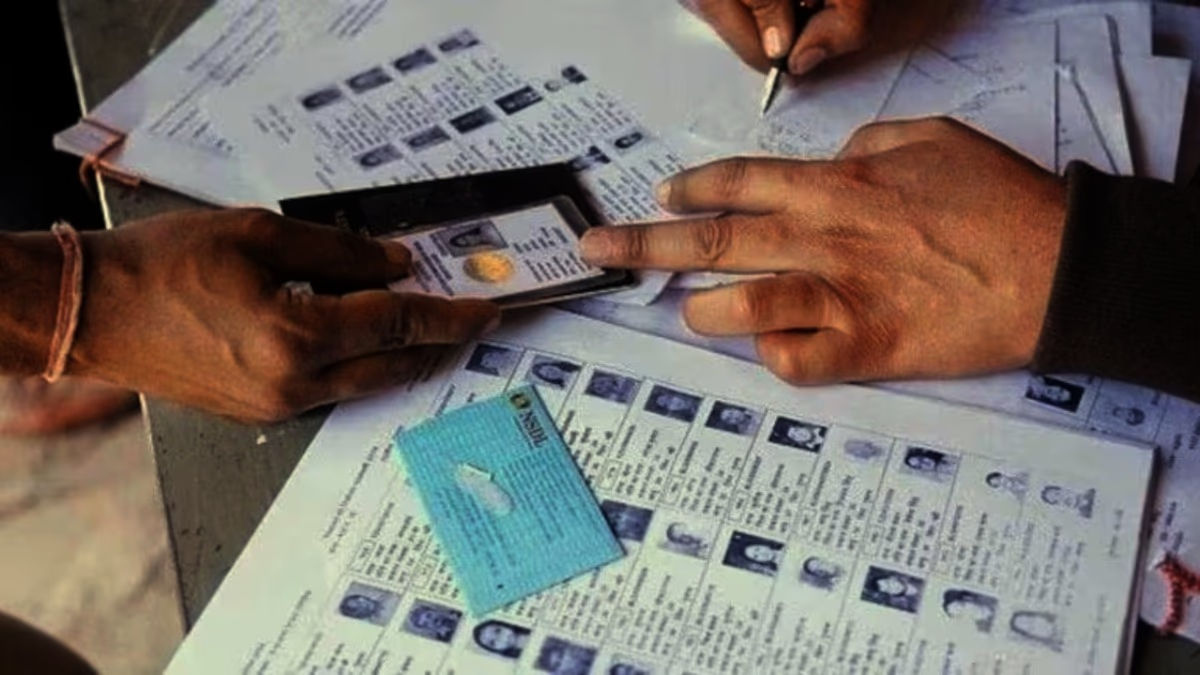In the previous segments, we've delved into the short-term contract marriages in Hyderabad and understood how this network operates. In the final part of our investigation, discover insights from Islamic scholars on the legality of these unions, and the legal loopholes that allow them to continue. We also spoke with a social sector leader who has been addressing this issue for years.
The issue first gained attention in the 90s with the rescue of Ameena at the airport; however, Mutah, or short-term Hyderabad marriages with Arab Sheikhs, have been happening since the 70s.
This custom began in the Nizam era when wealthy Nizams invited strong men from Yemen to safeguard their riches. These men were known as Chaush.
Chaush were outsiders, leaving behind families and wives. To meet their needs, they began marrying women in Hyderabad. Some of these Chaush were selected to father as many children as possible, akin to standing an army for the Nizam. They were rewarded for this role with food and compensation.
Read the previous two reports here:
With India's independence came the integration of the Hyderabad state, ending the Nizam era and the duty of the wealth guards, or Chaush. Many had already returned to their homeland, leaving behind those of mixed Indian and Yemeni descent.
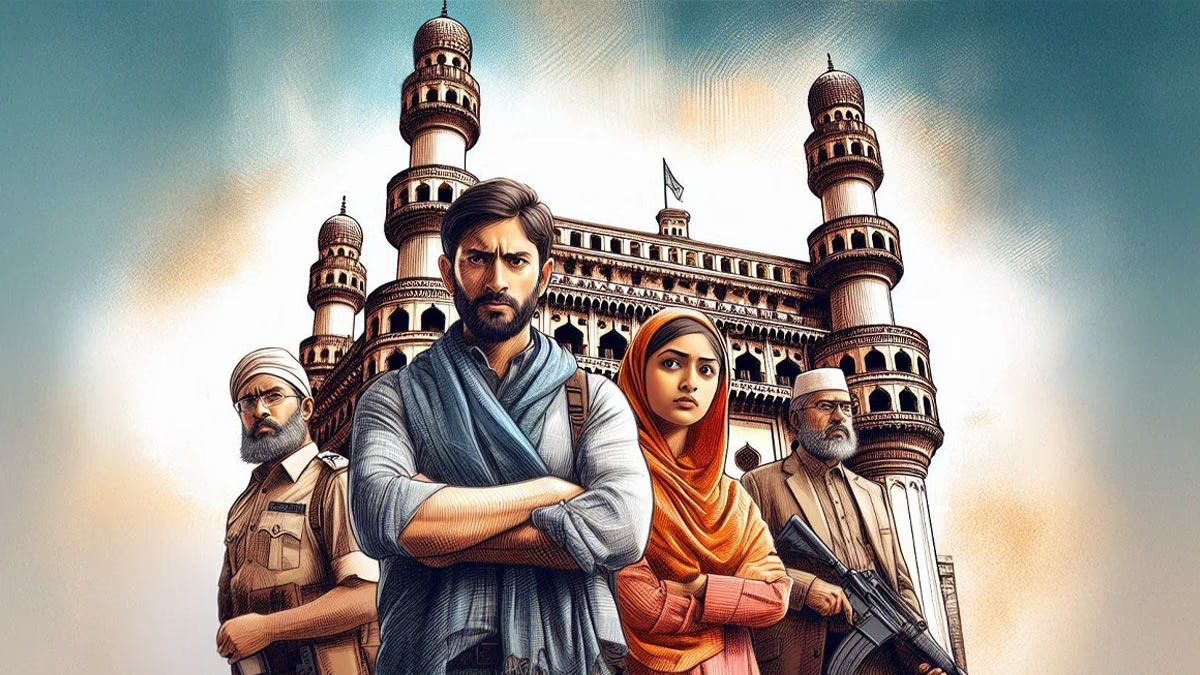
Source: aajtak
Around the 70s, descendants of these Chaush demanded citizenship from Arab nations, citing their ancestral ties. Rejected, they resorted to Sheikh Marriages as a solution.
Today, Chaush descendants reside in areas like Barkas of Hyderabad, rumors swirl that beneath tall mansions, young girl's bodies are metaphorically trapped.
Chaush's descendants started marrying their daughters to sheikhs, practicing Mutah, which translates to pleasure.
This pleasure was wrapped in religious justifications, as Islam considers any physical relationship outside marriage as adultery. Mutah, easier understood, is a marriage contract where a breakup is predetermined.
Initially, Hyderabad girls married sheikhs not under Mutah. They moved and settled there, followed by their families. Over time, these evolved into short-term marriages. Agents, fluent in Arabic, Hindi, and Telugu, emerged, bridging gaps between sheikhs and the brides.
But why resort to marriage for physical needs when sheikhs could hire sex workers?
Jamila Nishat, the chairperson of Shaheen Women's Resource and Welfare Association, offers insights.
Her NGO has been active against Sheikh marriages, saying, in older times, when men traveled, they sought physical solace. This prompted Mutah marriages, as directly seeking a sex worker is haraam, thus men formally married women and later parted ways.
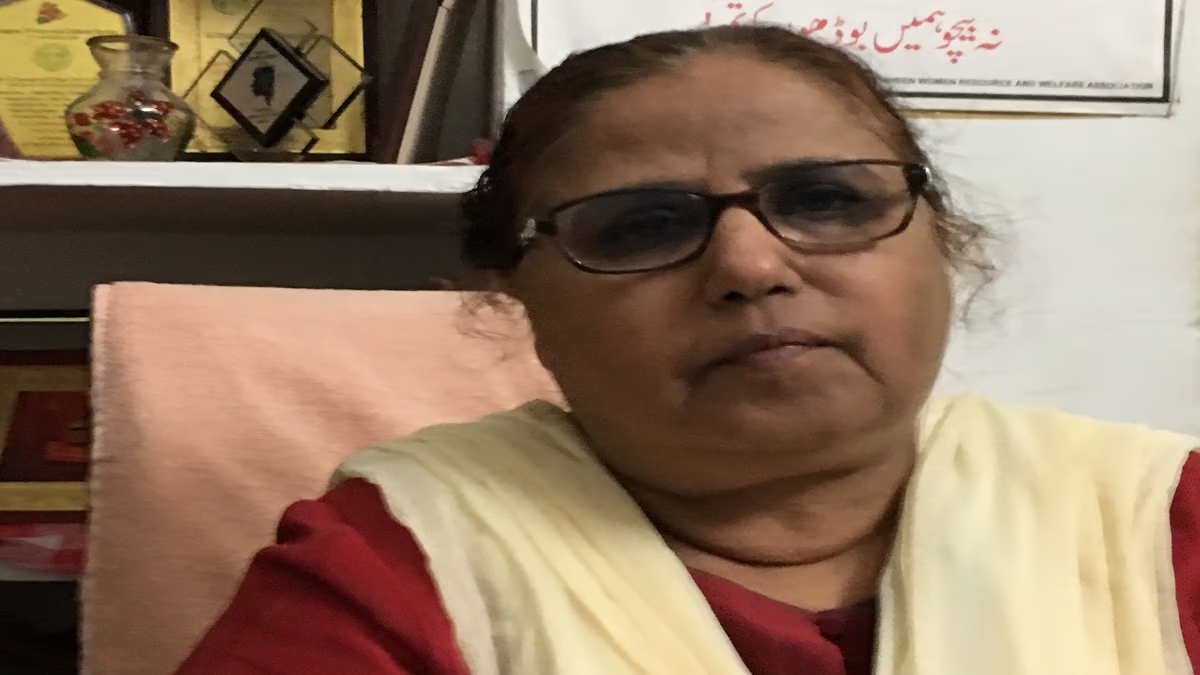
Source: aajtak
Islam views marriages as contracts; why the disdain for Mutah?
While Islam considers marriage a contract, these were short-term arrangements, purely transactional. The objection lies in a prenup-like divorce document prepared alongside the marriage contract, often without the young bride's knowledge.
Sheikhs spend 10-15 days in hotels with the brides without offering formal divorce. The sole motivation for these marriages is monetary gain and enjoyment.
Why don't sheikhs practice Mutah in their home countries?
Arab laws often dictate marrying Arab girls first. Cultural norms differ; for example, certain Muslim nations display flags signaling a girl's readiness for marriage with her first period. Consequently, the first union takes place then.
Sheikhs must pay hefty dowries and meet wives' expectations. Gulf women command more terms, whereas in Hyderabad, marriages offer a temporary and inexpensive solution.
What pretexts do sheiks use for visiting Hyderabad?
Medical tourism. Visit corporate hospitals, where Arabic accompanies English, accommodating Arabic-speaking affluent patients. While claiming medical reasons, their aims often differ; some pre-select brides through photographs before arrival.
Are visits seasonal, or do Sheikhs come year-round?
Although it is year-round, Ramadan boosts their visits. Restrictions lessen in Hyderabad, where they find freedom. During this peak, many men pursue virgins, believing these unions restore youth. Virginity tests are enforced.
Some elder sheikhs reportedly ascertain virginity by a pulse check.

Source: aajtak
How are girls shortlisted?
In Hyderabad or the Gulf, multiple agents are involved, orchestrating bride selections. Girls are dressed to highlight figures, parading in front of sheikhs. Chosen ones earn a thousand or five hundred as a token to await further interest.
How much time elapses between selection and marriage?
Selections do not lead to immediate marriages. It takes three days to materialize. Religion adds a facet with sheikhs feigning prayers to divine approval for marriage, but, in essence, calculating sexual attraction.
Following entrapment, family pressure leads women into further marriages.
In Barkas, a Hyderabad area, a survey revealed 33 of 100 households had undergone Sheikh marriages. Spacious homes mask cries of women beneath.
A girl committed suicide after 17 marriages; her note to her mother, widely covered, expressed this plight.
Why aren't arrests made despite abundant activity?
It is no simple task. A marriage supports five families, no one wants the business to collapse. Furthermore, religious implications and city reputations deter exposure. In September 2017, a crackdown on the Sheikh and agent network took place; since, weddings happen over WhatsApp. Women are sent on visitor visas, spending one or two months abroad before returning.
Operations have digitized; birthdates on Aadhaar are altered. Despite legitimate documents, school, hotel, and hospital resistance impede marriage prevention.
Our strategies, albeit strong, face superior counter-strategies.
While POCSO aids, secrecy limits enforcement. After all, parents cannot report what they drive, unless agents fail payment promises.

Source: aajtak
The role of qazis in marriages is significant.
Jamila reveals how some qazis maintain compartments in their residences catering to sheikh needs after medical visas. Safer in qazi quarters, they evade police.
Noteworthy is a 2017 arrest of a qazi facilitating numerous Sheikh marriages; he was later released.
Footage surfaces displaying monetary exchanges amidst a minor's marriage ceremony under qazi supervision.
Pursuing contact with a qazi through an agent, a video call is suggested. Denying Sheikh marriages, they allege minor contracts only.
To comprehend Mutah's religious aspects, we consulted Dr. Raza Abbas, an expert in Shia Theology at Aligarh Muslim University.
Dr. Abbas elaborates, “In Islam, marriage is a social contract; however, Mutah diverges in some respects.
It is time-bound, possibly days to months long. It offers a trial phase before permanent commitment, featuring an expiry alongside the contract. Upon mutual suitability, it can renew.
The Shia acknowledge this practice, unlike Sunnis who refute its validity. Though not prevalent in India, the practice exists.
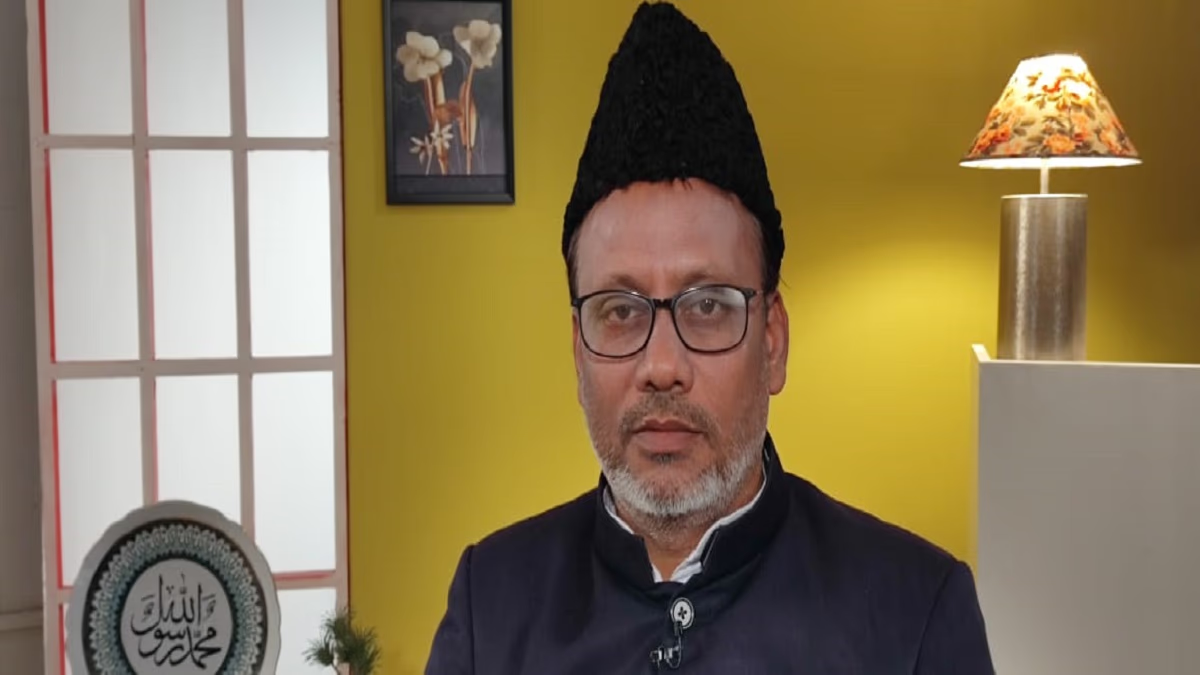
Source: aajtak
Does this marriage have age specifications?
Yes. Both parties must be sane and mature. For girls, maturity translates to post-puberty, not necessarily 18. Maturity varies, allowing for age variance.
While Sunni Muslims disdain Mutah, they recognize a parallel, Nikah Misyar.
Unlike conventional unions, spouses reside apart even post-marriage. Minimal contact suffices, without domestic mutual support.
Our legal intricacies explore involved senior Supreme Court attorney Shashank Shekhar Jha’s insights.
He outlines loopholes perpetuating short-term marriages. Marriages remain unregistered here, exploited by foreigners marrying and leaving.
Supreme court hearings on this persist.
For minors, Muslim personal law sanctions marriage post-puberty. This presents issues since courts classify minor sexual relations as rape regardless.
This tenet in Muslim marriages eludes legal notice, though the National Commission for Protection of Child Rights (NCPCR) advances a petition to establish marriage age.
Sly practices avoid capture, legal ambiguities impede police from filing cases.
Priors to triple talaq laws, cases registered were few despite submissions and proceedings aiming for reform.
Efforts to contact South Hyderabad’s relevant police yielded no response, and the 2017 ringleader declines comment on past operations.
